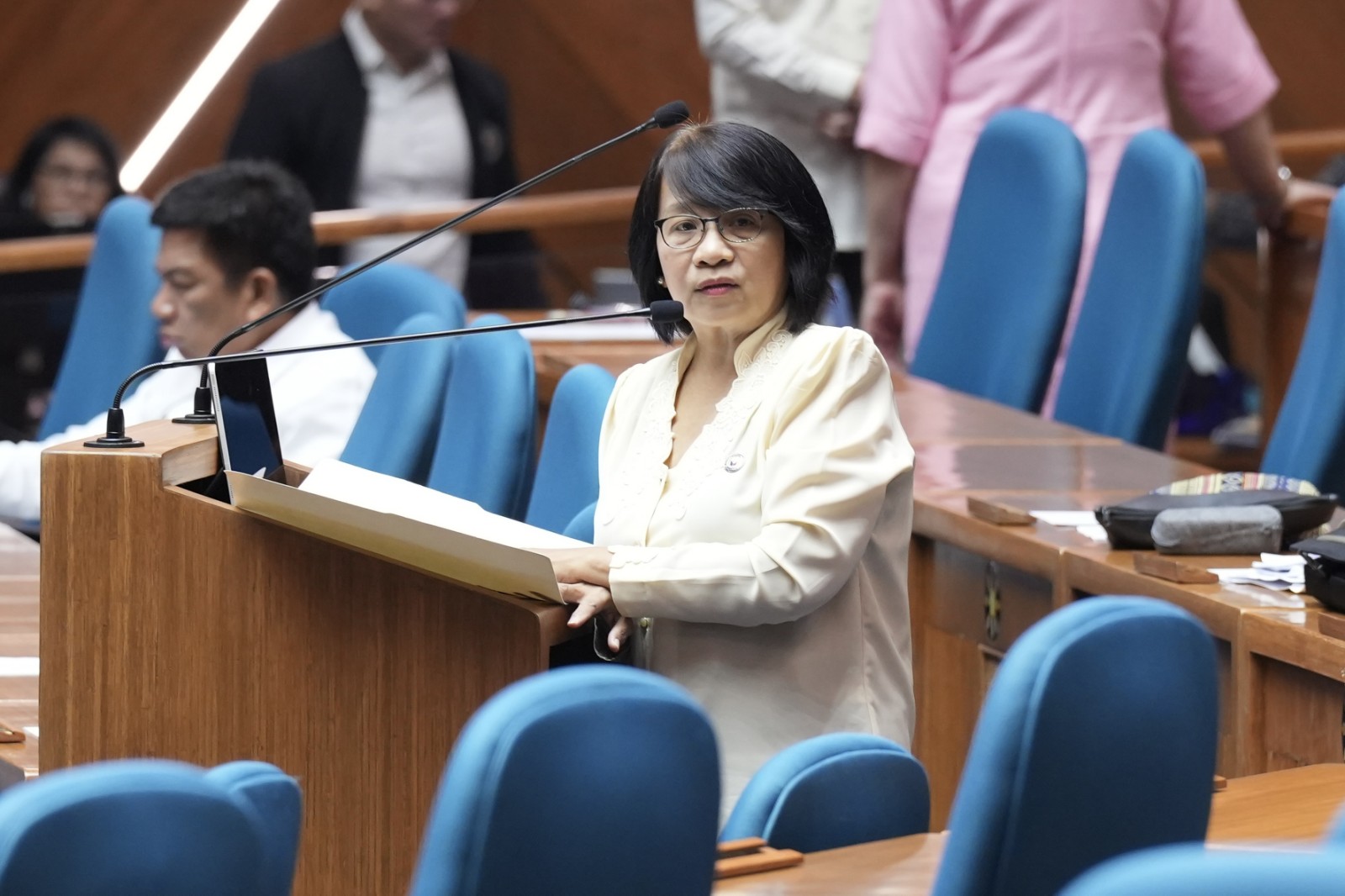'Deeply troubling': Castro flags DOE website hacking; calls for stronger cybersecurity measures
At A Glance
- ACT Teachers Party-list Rep. France Castro stressed the urgent need for stronger cybersecurity measures across all government assets online following the recent hacking and defacement of the Government Energy Management Program (GEMP) website of the Department of Energy (DOE).
 ACT Teachers Party-list Rep. France Castro (PPAB)
ACT Teachers Party-list Rep. France Castro (PPAB)
ACT Teachers Party-list Rep. France Castro stressed the urgent need for stronger cybersecurity measures across all government assets online following the recent hacking and defacement of the Government Energy Management Program (GEMP) website of the Department of Energy (DOE).
"This latest cybersecurity breach is deeply troubling, especially as we approach the mid-term elections,” Castro said in a statement, referring to the upcoming elections on May 12, 2025.
“It underscores the critical need for our government agencies to address vulnerabilities in their digital infrastructure immediately," she stressed.
The hacking incident, which happened on Saturday, July 27, at approximately 6 p.m. prompted the DOE to take the system offline and coordinate with the Philippine National Computer Emergency Response Team (NCERT) and the system's developer to address potential vulnerabilities of the website.
In a statement, the department said it is committed to keeping its systems secure and will continue to upgrade these systems.
The DOE is just one of several government agencies whose websites have fallen prey to hackers. Castro recalled the recent hacking within the Philippine Health Insurance Corporation (PhilHealth), where a substantial amount of personal and sensitive information was compromised.
With this, the Makabayan bloc lawmaker is raising the alarm over the potential vulnerability of other crucial databases such as the SIM card registration and the National ID system.
"In light of these recurring incidents, we must ask: how secure are our other national databases? The recent PhilHealth breach and now this DOE incident should serve as a wake-up call for all government agencies to bolster their cyber defenses," she underscored.
Castro said the Department of Information and Communications Technology (DICT) should prioritize the establishment of strict guidelines and requirements for cyber defense across all government agencies and data repositories.
"The DICT must step up and lead the charge in fortifying our national cybersecurity infrastructure. We need robust, standardized protocols that can effectively mitigate the risk of hacking incidents and protect the sensitive information of millions of Filipinos," the lawmaker added.
She emphasized that the government cannot be complacent when it comes to protecting the national digital infrastructure and the personal information of Filipino citizens.
"Our people's right to privacy and data security should be paramount," she continued.
Castro has pledged to push for legislation that would enhance the country's cybersecurity framework and ensure accountability in cases of data breaches and cyberattacks.